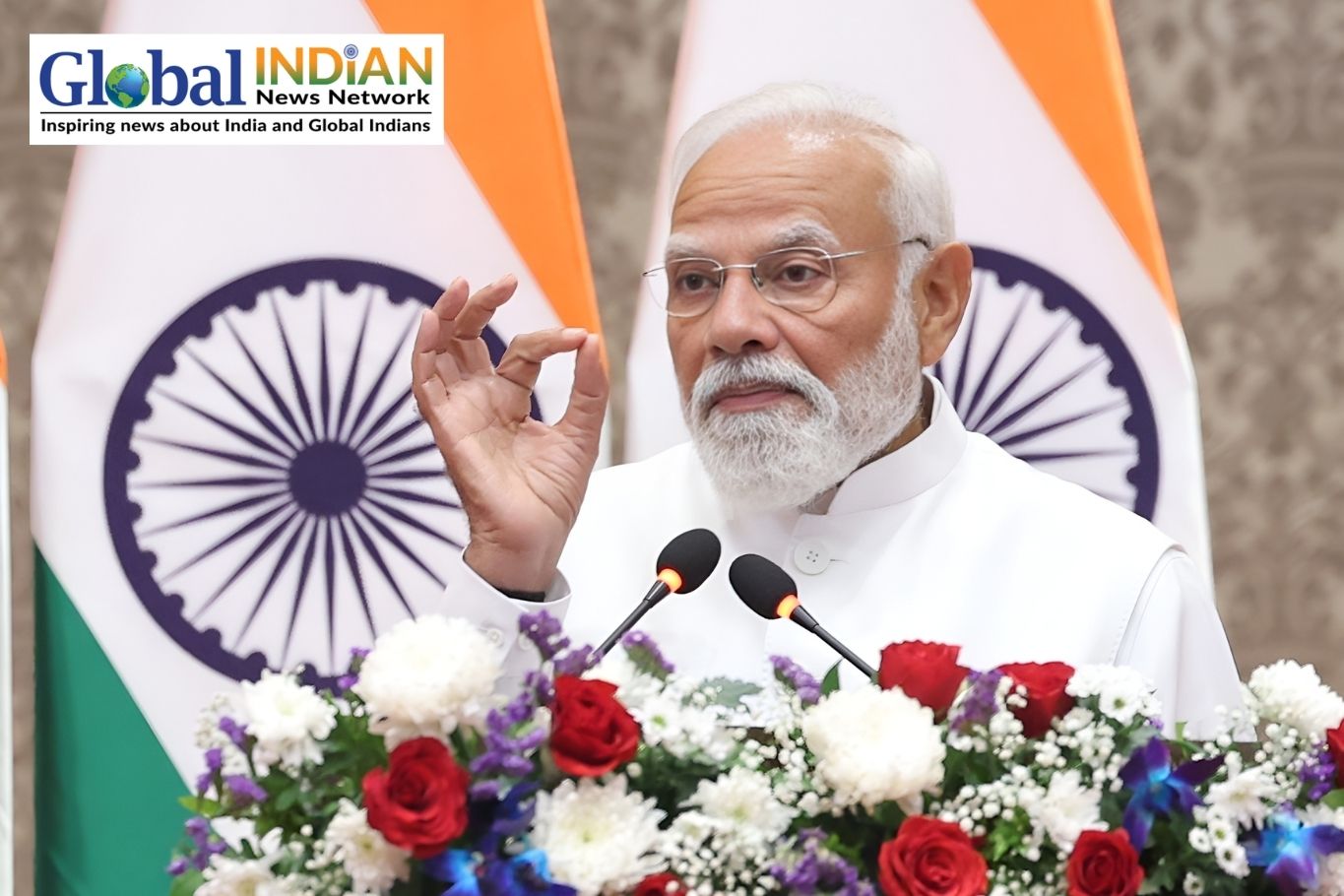 Seventeen elected officials of Indian-American descent at the state and local levels have urged President Joseph Biden to establish a collaborative initiative called the New Hindi Language Fund in partnership with the Asia Society. This proposed fund aims to facilitate the teaching of Hindi in middle and high schools across the United States.
Seventeen elected officials of Indian-American descent at the state and local levels have urged President Joseph Biden to establish a collaborative initiative called the New Hindi Language Fund in partnership with the Asia Society. This proposed fund aims to facilitate the teaching of Hindi in middle and high schools across the United States.
During Prime Minister Narendra Modi’s official visit to the United States, the group presented this request, with support from Indian American Impact, a national organization amplifying the voices of Indian Americans in government, and the Asia Society, a national organization focused on fostering shared futures for Asia and the world in various areas such as policy, arts and culture, education, sustainability, business, and technology.
Highlighting projections that suggest India will surpass Japan and Germany to become the world’s third-largest economy by the end of the decade, these officials emphasized the importance of including Hindi in school curricula. They believe that teaching Hindi would equip students with essential language skills to navigate the expanding markets of the future.
“We believe a joint New Hindi Language Fund to teach Hindi in American schools would accelerate the need to address this mismatch where the federal government has failed to provide foreign language support in these growing foreign markets,” stated Senate Minority Whip Jay J. Chaudhuri, who led the effort in urging President Biden to establish the collaborative language fund.
Neil Makhija, president of Indian American Impact, expressed strong support for the joint New Hindi Language Fund, emphasizing its potential to teach Hindi, the third most spoken language, in American middle and high schools. Makhija believes this strategic initiative would strengthen the relationship between the United States and India, enhance the long-term economic prospects of both countries, and promote greater inclusion and understanding of the rapidly growing Indian-American community.
Neelam Chowdhury, vice president of Education for the Asia Society, emphasized the increasing interconnectedness of the world and the significance of Hindi as a language. Chowdhury highlighted how learning Hindi opens doors to a rich tapestry of literature, history, and traditions, while also facilitating business and diplomatic endeavors. By embracing Hindi, American students can bridge cultural gaps, promote global harmony, and embark on a journey of personal growth and intellectual enrichment.









